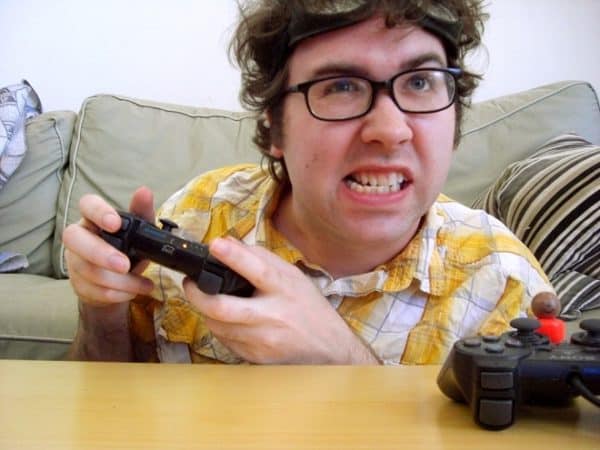The World Health Organization is now tracking video-game addiction. But is it real?


Is video game addiction a real thing?
The World Health Organization is about to release the 11th edition of its diagnostic manual, this one for the first time to include video gaming disorder as a mental health condition.
The long-anticipated revision of its International Classification of Diseases, a worldwide standard for diagnostics (comparable to the Diagnostic and Statistical Manual of Mental Disorders or DSM-5 used in the United States), the WHO’s new version will come with an update in medical terminology along with revised groupings of disorders and, in some cases, new listings for conditions.
The ICD-11’s beta draft shows that video game disorder will be one of those new conditions, describing it as “a pattern of persistent or recurrent gaming behaviour which may be online or offline,” and involving a lack of control over the frequency and duration of gaming along with a propensity to give gaming precedence over other life interests and activities and a continued escalation of one’s gaming despite any negative life consequences that may ensue.
“Health professionals need to recognize that gaming disorder may have serious health consequences,” says Vladimir Poznyak of the WHO’s Department of Mental Health and Substance Abuse to the New Scientist. “Most people who play video games don’t have a disorder, just like most people who drink alcohol don’t have a disorder either. However, in certain circumstances overuse can lead to adverse effects.”
The DSM, which had its fifth edition released in 2013, does not define addiction to internet gaming as a mental disorder, although the DSM-5 did include video gaming disorder as a condition warranting further clinical research.
The ICD-11 separates gaming disorder into predominantly online and offline variations, with both forms said to involve behaviours that are normally evident over a period of at least 12 months before a diagnosis is to be assigned, although that timeline can be shorter in cases of more severe behaviour expression.
Yet opinions still differ over the status of video game addiction, with some saying that the rates of pathological gaming trend around 8.5 per cent of children and adolescents worldwide as addicted to gaming, while others question whether the condition amounts to a real disorder at all.
A study this year from the University of Oxford surveyed over 2,300 American adults who self-reported as regular gamers and tracked them over a six-month period, finding little evidence that a pathological disorder existed.
“We didn’t see a large number of people with clinical problems,” said study co-author Netta Weinstein of Cardiff University, who found that unlike disorders such as substance addiction, few of the regular gamers had negative health implications from their gaming nor did many show an increased expression of negative behaviours connected to gaming over the course of the six months.
According to the Canadian Institute for Health Information, over 90 per cent of the ICD’s tenth draft will be retained in the ICD-11, which is set for release at the World Health Assembly in 2018. The CIHI says that the earliest possible implementation date in Canada for the new standards will be 2023.

